Coronavirus: 'I faked having Covid-19 on Facebook and got arrested'
- Published
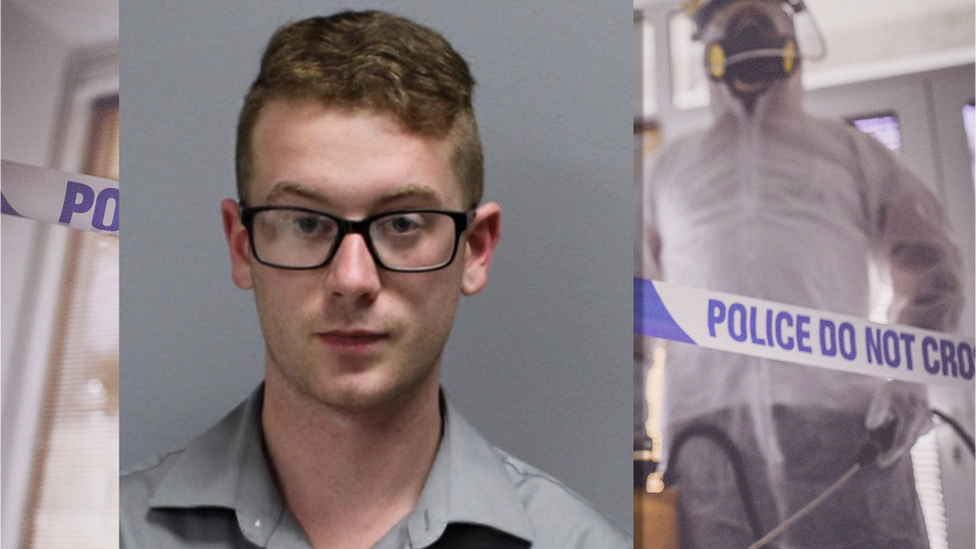
Mr Brandin's picture released by police
Michael Lane Brandin knew his Facebook post would cause a stir.
What he didn't realise was that he'd be arrested, lose his job and face a trial that could see him behind bars.
It was an otherwise dull afternoon in March and the debate about how to cope with the potential outbreak of Covid-19 was all over his timeline.
So he decided to, in his words, "do a social experiment".
Mr Brandin posted that he had tested positive for coronavirus. And then he added that doctors had told him the virus was now airborne.
That would mean it had suddenly become far easier to catch it than by simply being too close to an infected individual who coughs or sneezes in your general direction.
But he had made it up.
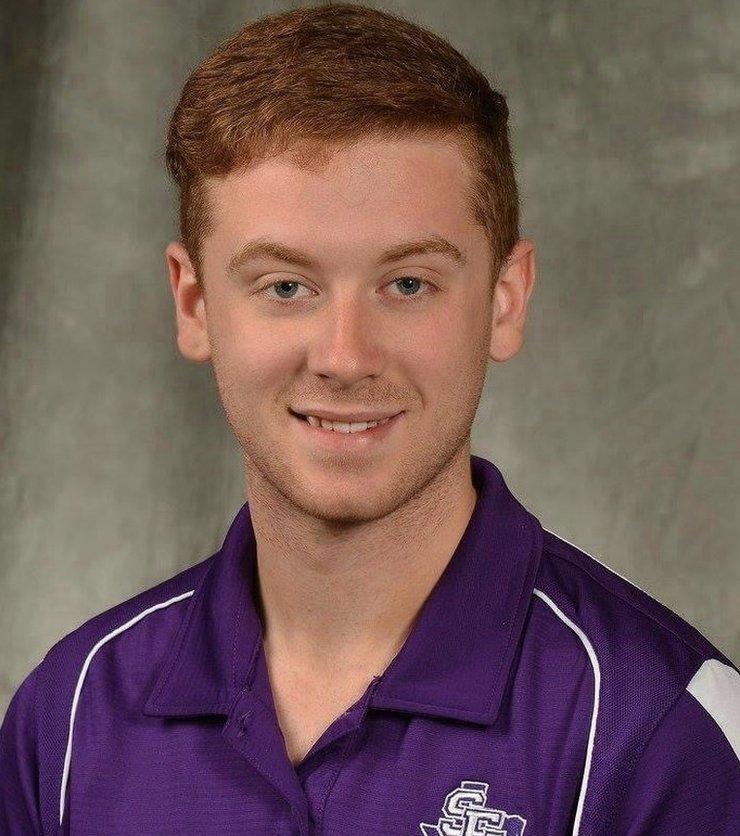
Michael Lane Brandin says he was trying a "social experiment"

Mr Brandin says his point was to demonstrate that you can't always believe everything you read online.
On Facebook, he was met with sympathy and shock. "I had quite a few reactions," he says. "A lot of friends messaged me to ask if I was OK, so I told them that it was fake."
And while he was trying to explain the truth to upset friends, what was happening offline became far more serious.
The fake news spread like wildfire across Tyler County, in Texas, where he lived.
This was days before any lockdown had been brought in. But anxious people began to call the local hospital and ask if the news was true: how could they now protect themselves from an airborne invisible killer?
Arrest warrant
Soon the Tyler County Sheriff's Office heard what was going on. Police contacted Mr Brandin and told him to amend his post - which he did.
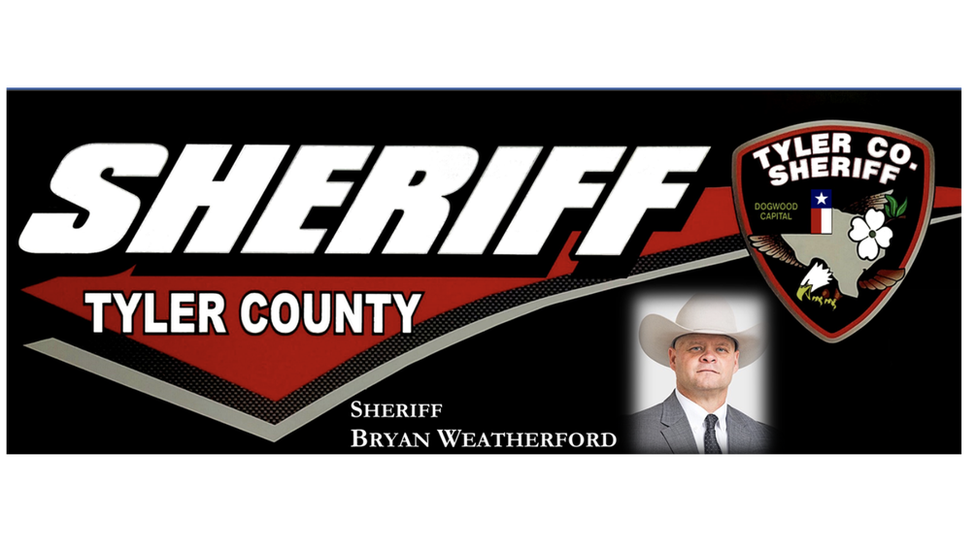
Arrest warrant: Wanted by local sheriff
But the rumour had snowballed on social media - and so the next Facebook post was perhaps inevitable. It came from the police themselves.
The county sheriff told Facebook followers that the 23-year-old was now facing the criminal allegation of false alarm.
Mr Brandin was accused of creating a "baseless" report of an emergency which, in turn, had triggered a response from law enforcement and medical officials. He turned himself in.
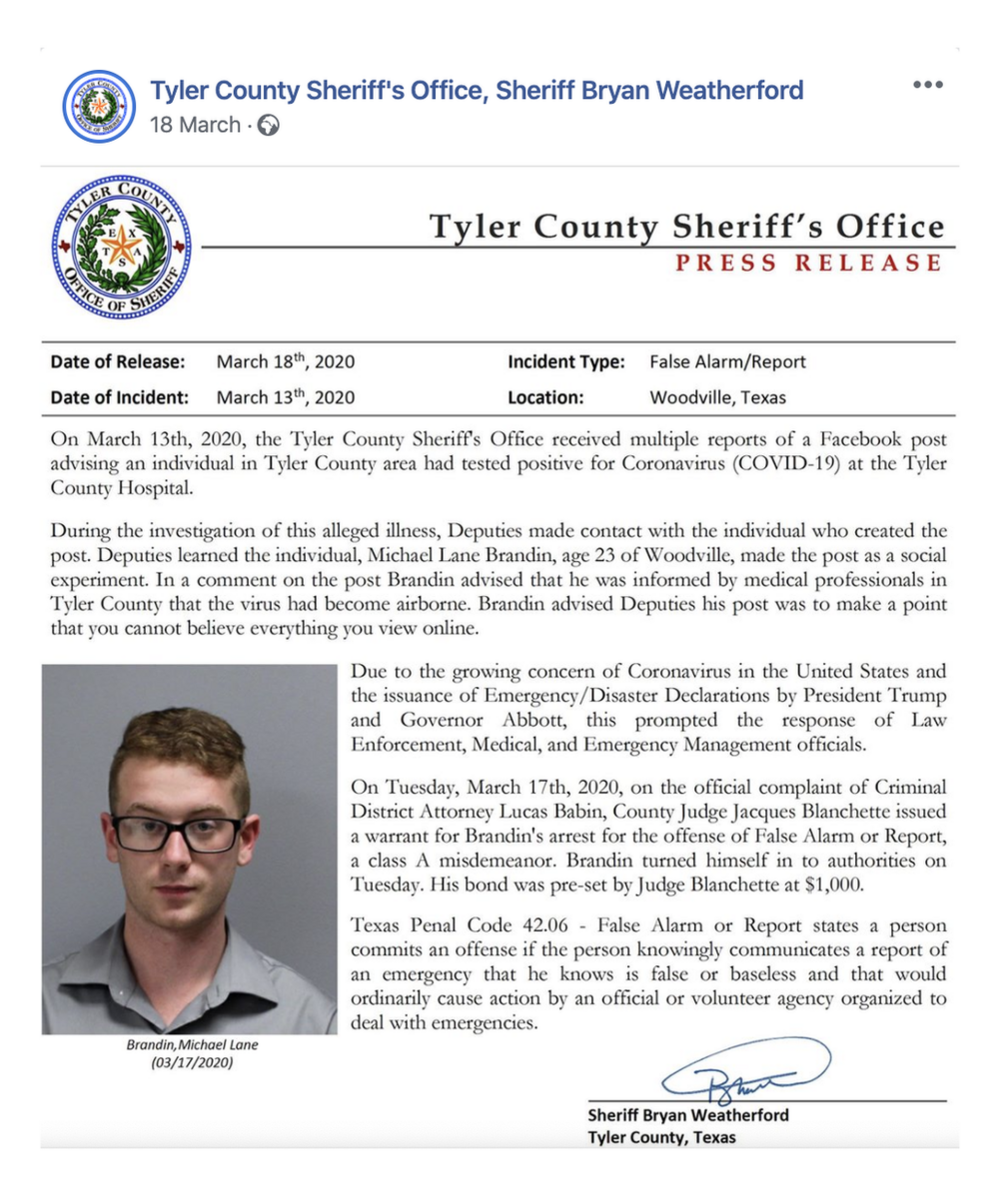

"They said I had to stay overnight in the jailhouse because I had to wait for the judge to come in the next day. My anxiety was at an all-time high," Brandin says.
After a night in the cells he was released on condition of paying a $1,000 (£800) bail bond - and is now waiting for his trial to start.
"I have a bachelors of science degree in mass communications," he says. "I did it to prove how easy it is for anyone to post something online and cause panic.
"I wanted to prove that it is important for people to be educated and do their own research before assuming everything they read or hear is true.
"But because of a Facebook post I lost my job, my health benefits. I couldn't start my masters programme on time due to not having the money.
"It has put a financial burden on my entire family because they are all trying to help me pay my bills."

A SIMPLE GUIDE: How do I protect myself?
AVOIDING CONTACT: The rules on self-isolation and exercise
MISINFORMATION: How it has spread in Africa

Global 'infodemic'
The World Health Organization has said there is an online "infodemic" and the stakes are high for authorities trying to tackle false pandemic news and prevent panic.
All over the world posting misinformation about the virus could now get you arrested.
Research from BBC Monitoring shows there have been reports of arrests for spreading fake coronavirus news in India, Morocco, Thailand, Cambodia, Somalia, Ethiopia, Singapore, Botswana, Russia, South Africa - and Kenya.
There, Robert Alai is facing a potential 10-year jail sentence for a tweet.
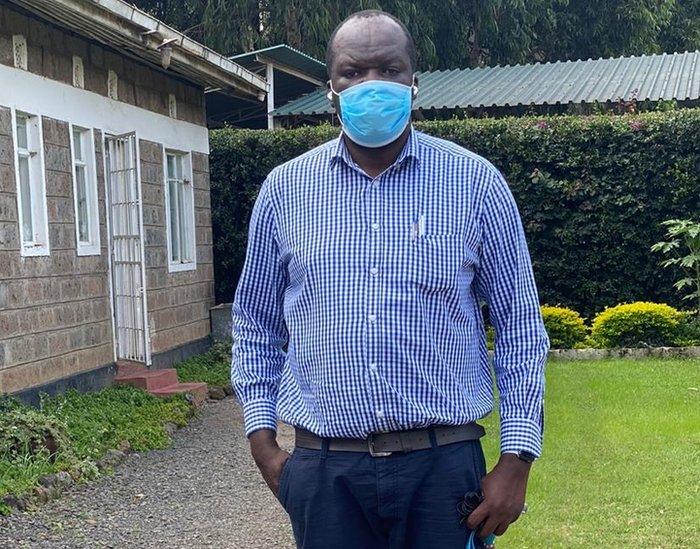
Robert Alai is now on bail
The 41-year-old claimed in a post that he'd heard there was an outbreak in Mombasa, the strategically vital port for east Africa.
But the Kenyan government has repeatedly appealed to the public to stop sharing false information and rumours, and warned it would make an example of anyone who didn't comply.
And so Mr Alai is now accused of breaking Kenya's cyber crime laws.
He denies setting out to mislead or create fake news and says he was shocked to be crammed in a cell with other inmates where none of them could be two metres apart.
"I'm not saying that they shouldn't arrest people and I think it's very important the police can do their work but I think they need to focus on the right people."